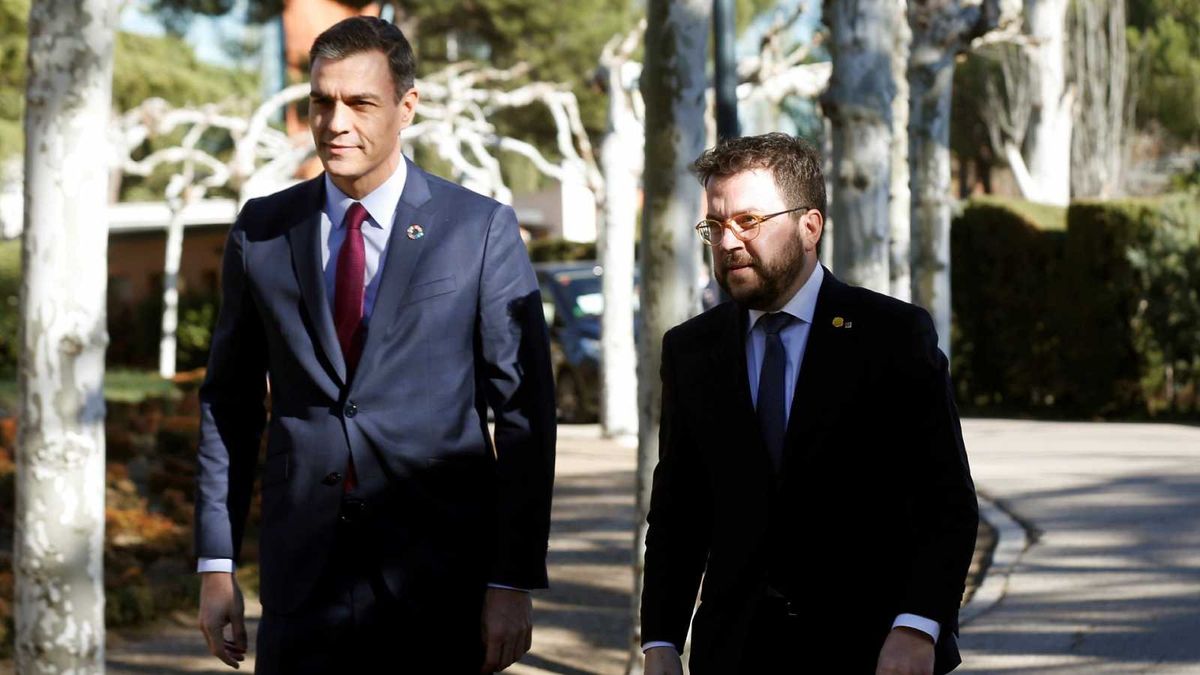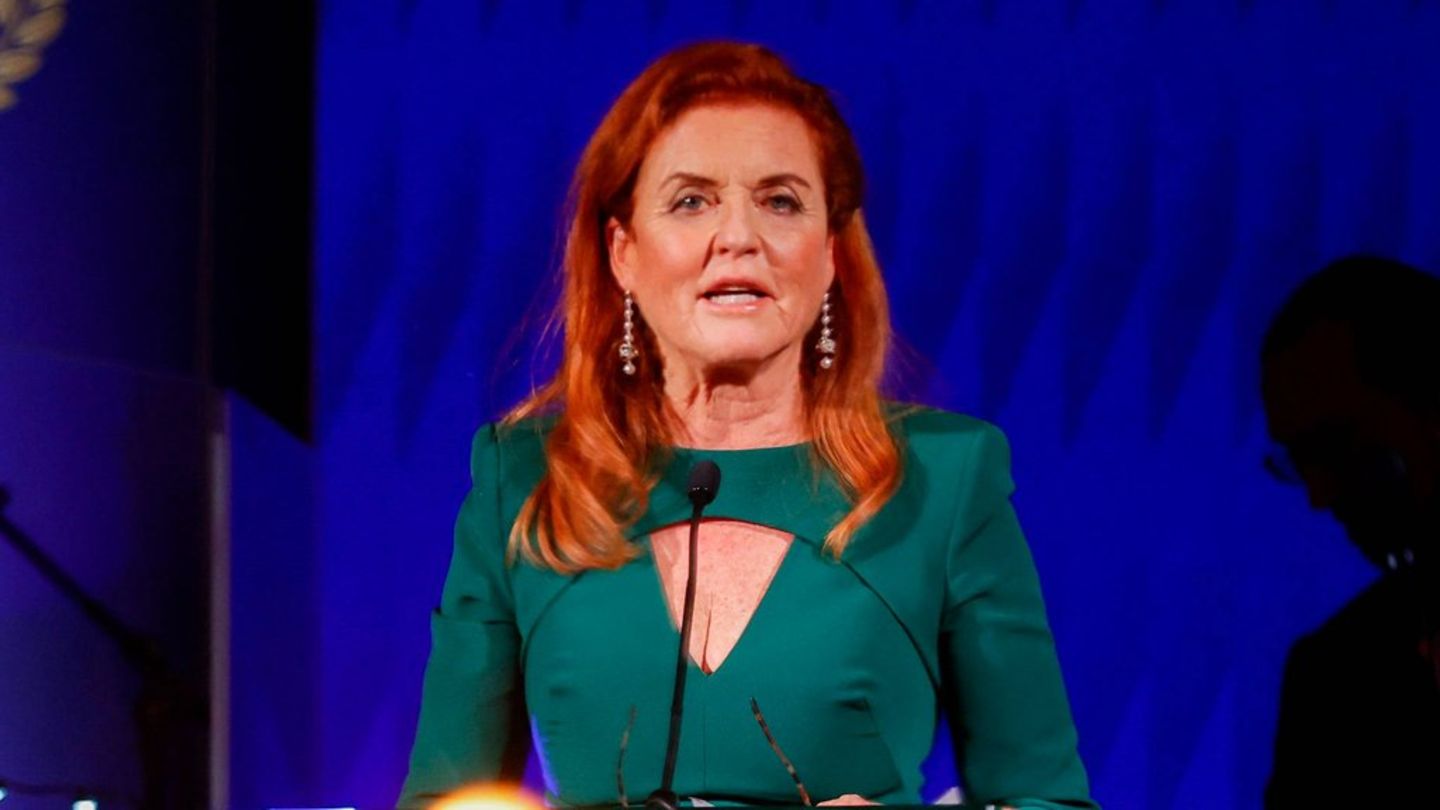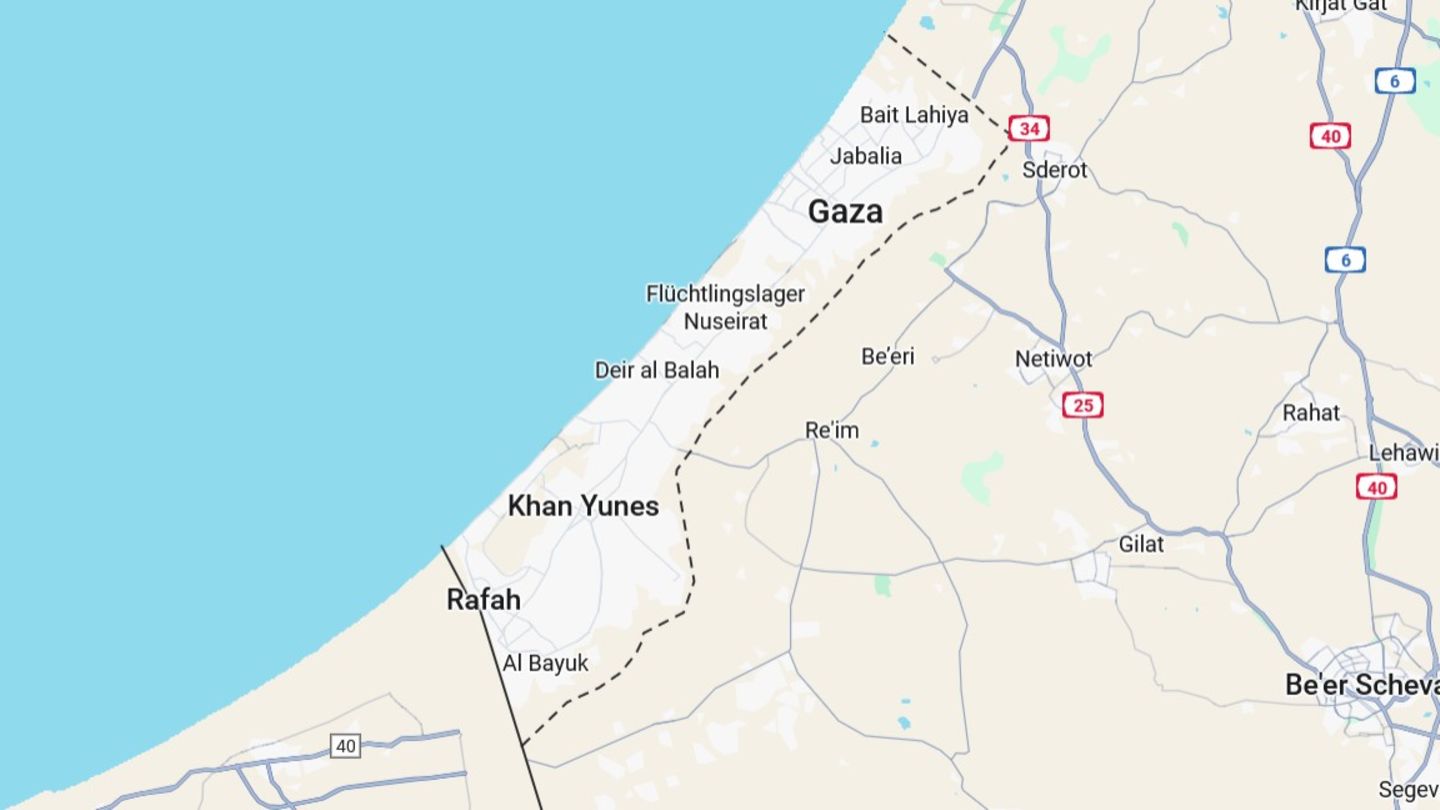He Spanish government announced today that declassified, at the request of justice, documents relating to espionage of the Catalan regional president, Pere Aragonèswith the Pegasus computer program.
Aragonès sued the Spanish secret service (National Intelligence Center, CNI) by the espionage of which he was subjected with the Israeli program Pegasus, which infects mobile phones to extract information from them.
Spying on Pere Aragonés
“The Government, at the request of a judge, has made a partial declassification for this specific case,” explained the spokesperson for the Government of the socialist Pedro SánchezPilar Alegría, at the press conference after the council of ministers.
cell-theft.png
According to the director of the CNI, her organization had spied on 18 Catalan independence leaders, including Aragonès.
“This declassification in no way affects national security,” Alegría added, adding that the Executive is “the first interested party in this matter being resolved.” According to him, the espionage took place between 2018 and 2020 and, therefore, it started the year after the failed proclamation of independence of Catalonia and when he was vice president of the regional government.
The moment to declassify espionage documents
The case is in the hands of a court in Barcelona, before whiche Aragonès declared on December 13. That’s when he said that Sánchez Government had the “ethical and moral obligation” to declassify the documents. Aragonès’s political party, ERC (Republican Left of Catalonia), has seven deputies in the Spanish Congress, without whose support Sánchez could not govern.
He judge from Barcelona who wears the caseor accused the director of the CNI of the time, Paz Esteban, who, in a secret appearance in a parliamentary commission, admitted that His organization had spied on 18 Catalan independence leadersamong them Aragonès, as leaked to the press.
Esteban alleged that The wiretapping had been carried out with a court order. The declassification of the documents will allow Esteban to appear before the judge, after a postponement in December, because he can now talk about their content.
Justice demanded that the Government declassify
Aragonés filed a complaint for this matter against the former director of the CNI Paz Esteban and against NSO, the Israeli company that owns the Pegasus cyberespionage system, in June 2022. After her admission, the former head of the center had to testify, but a series of resources pointed out that was not obliged due to the secrecy of the proceedings.
The head of the investigating court number 29 of Barcelona then requested the Minister councilthrough a request, the declassification of that informationreserved about the use of the Pegasus software by the CNI on Aragonès, before taking Esteban’s statement.
The Ministries of Defense and Interior agreed to provide part of the requested information, but access to all the data claimed by ERC. And, according to Alegría, it is a “partial” declassification of the documents.
Catalonia and its battle with being an independent republic
With 7.8 million inhabitants, Catalonia has been marked by the rise of separatism for a decadewhich in October 2017 promoted a referendum – rejected by the central power in Madrid and marked by police repression – and proclaimed a failed independent republic.
The main regional leaders went abroadlike the then president and now MEP in Brussels Carles Puigdemont, or were provisionally imprisoned and then sentenced in October 2019 to sentences of between 9 and 13 years in prison.
The coming to power of Pedro Sánchez in June 2018with a motion of censure against the conservative Mariano Rajoy that was supported by the separatist parties, It softened relations and led to a rapprochement between Madrid and Barcelona.
Aragonés’ step to be president of Catalonia
The pro-independence majority In May 2021, the Catalan Parliament elected the ERC leader, Aragonès, who represented the moderate sector of the movement, as the new president of this region of northeastern Spain, scene of a secession attempt in 2017.
Aragonès thus became the President number 132 of the Generalitat of Catalonia.
Source: Ambito




